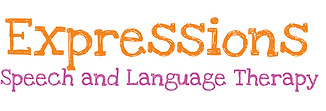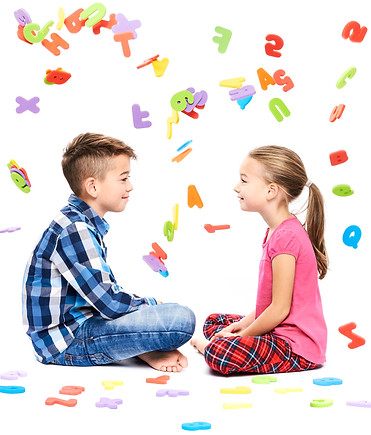
About
Mitza E. Nieves, M.S.,CCC-SLP
I am a American Speech and Hearing Association (ASHA) certified Speech-Language Pathologist (CCC-SLP). I am certified by the Florida Department of Health and by the Florida Department of Education. I am also fully bilingual (English/Spanish).
I began practicing as a professional Speech and Language Therapist in 2012. I received my B.S in Biology form the University of Puerto Rico in 1999. I worked as a teacher for the public school system from 2006-2012. In 2012, I received my 2nd B.S in Communicative Disorders and Sciences from Utah State University and received my M.S in Speech-Language Pathology from the University of South Florida (USF) in 2017.
For the past 7 years, I have been working in the public school system with PK-5th grade students with articulation, fluency (stuttering), expressive/receptive language impairments, pragmatic (social language) impairments, non-verbal and limited verbal students, students with ASD and Cerebral Palsy (CP).
In 2019, I decided to start a small part-time private practice seeing clients in their homes or public locations such as libraries.
.jpg)
Specializing in Pediatric Speech and Language Therapy
Communication Disorders
Speech Disorders
Language Disorders

The American Speech-Language-Hearing Association (ASHA) defines a communication disorder as an "impairment in the ability to receive, send, process, and comprehend concepts or verbal, nonverbal, and graphic symbol systems." A communication disorder may be evident in the processes of hearing, language, and/or speech. A communication disorder may range in severity from mild to profound. It may be developmental or acquired. Individuals may demonstrate one or any combination of communication disorders. A communication disorder may result in a primary disability or it may be secondary to other disabilities."
ASHA defines a speech disorder as "an impairment of the articulation of speech sounds, fluency, and/or voice."
Articulation
How we make speech sounds using the mouth, lips, and tongue. For example, we need to be able to say the “r” sound to say "rabbit" instead of "wabbit.”
Voice
How we use our vocal folds and breath to make sounds. Our voice can be loud or soft or high- or low-pitched. We can hurt our voice by talking too much, yelling, or coughing a lot.
Fluency
This is the rhythm of our speech. We sometimes repeat sounds or pause while talking. People who do this a lot may stutter.
Language refers to the words we use and how we use them to share ideas and get what we want. ASHA defines a language disorder as "impaired comprehension and/or use of spoken, written, and/or other symbol systems. The disorder may involve (1) the form of language (phonology, morphology, syntax), (2) the content of language (semantics/vocabulary), and/or (3) the function of language in communication (pragmatics/ social language) in any combination."
-
Phonology: The sound system of a language.
-
Morphology: The internal structure of words and construction of words in reading, writing and spelling.
-
Syntax : The system governing the order and combination of words to form sentences in spoken and written language.
-
Pragmatics: There are rules for how we use language in different situations and with different people.
Contact Me
For any questions you have, you can reach me here:

Mitza E. Nieves, M.S., CCC-SLP
407-307-5416


